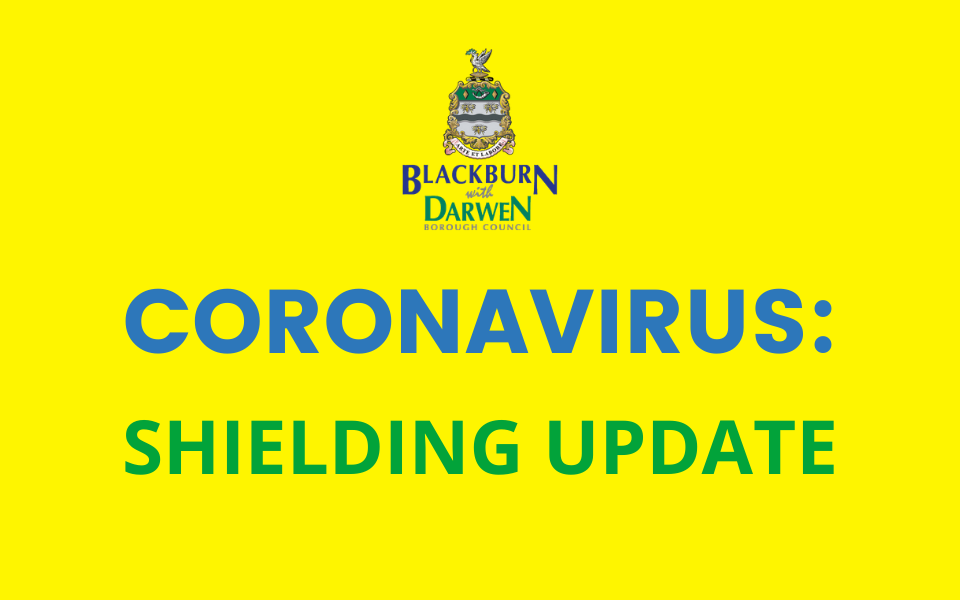
Published Tuesday 13 October 2020 at 21:05
The Government has released new guidance for people shielding tailored to the new local covid alert levels.
This new guidance will support people to take appropriate protective actions in their everyday lives, while retaining as much normality as possible.
The clinically extremely vulnerable group includes those with specific health conditions, certain cancers and organ transplant recipients
The guidance will be tied into the new Local Covid Alert Levels framework, or tiers, meaning those at the highest risk of serious illness from the virus will receive specific advice depending on the level of risk in their local area, as coronavirus rates continue to rise.
The advice for the clinical extremely vulnerable, which will be in addition to the basic restrictions set out in the Local Covid Alert Levels framework everyone must follow, includes:
It is extremely important that clinically extremely vulnerable people continue to receive the care and support they need to help them stay safe and well. Providers of social care and medical services are making every effort to ensure services remain open and as safe as possible. You should continue to seek support from the NHS for your existing health conditions. If you are told to go to hospital for a routine appointment, then the NHS has measures in place to make sure that it is safe for you to do so.
Deputy Chief Medical Officer for England Dr Jenny Harries said:
Over the last few weeks, we’ve seen a sharp increase in the prevalence of the virus across the country and we know those who are clinically extremely vulnerable are looking for practical advice on how they can carry on their lives while the virus remains in our communities.
The new system will provide clarity on how best those in this group can keep themselves as safe as possible depending on the rates of transmission in their local area. Whilst advisory, I would urge all those affected to follow the guidance wherever they can and to continue to access health services for their medical conditions.
We will continue to monitor the evidence closely and fine-tune this approach to make sure everyone in this group is clear about the safest way to go about their daily lives particularly over the coming winter months.”
Filed under : Covid alert level | Government | guidance | Shielding | tiers
